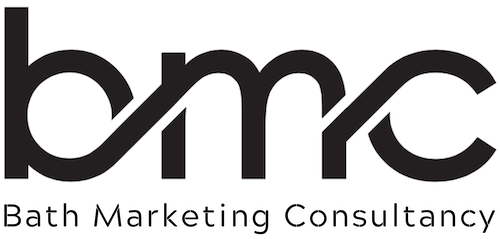Whether you realise it or not, your business has a brand. Every organisation—big or small, new or well-established—develops a reputation in the minds of its customers, employees, and competitors. The question is not whether you have a brand, but whether you are actively shaping it to work in your favour.
What Defines a Brand? More Than Just a Logo
A brand is much more than a name, logo, or slogan—it’s the essence of what your business stands for. It’s the experience customers associate with your company, from the quality of your products and services to the way you communicate and engage with them.
Many businesses make the mistake of thinking that a well-designed logo or catchy slogan will set them apart. While these elements contribute to recognition, they are not enough on their own. True branding is built on substance, not just aesthetics.
Your Brand is Your Reputation
Branding is fundamentally about reputation. What do people say about your company when you’re not in the room? What feelings do customers associate with your business? These perceptions are shaped by every interaction—your customer service, your product quality, your marketing messages, and even the way you handle complaints.
If your business is forgettable, it risks blending into a sea of mediocrity, where countless other businesses are competing for the same customers. On the other hand, if you consistently deliver something outstanding, people will take notice—and so will the media, sometimes without you even having to ask.
What Makes a Brand Stand Out?
To build a strong and memorable brand, your business needs a Unique Selling Proposition (USP)—something that makes you different from the competition.
-
Do you offer an innovative service or product that others don’t?
-
Do you provide exceptional customer service that leaves a lasting impression?
-
Do you have a strong company culture that resonates with your audience?
Once you establish what makes you different, you can reinforce it through every aspect of your brand. Some companies even manage to “own” a specific colour or message—think of Coca-Cola’s red, Apple’s minimalist design, or Nike’s ‘Just Do It’ slogan. These elements are instantly recognisable because they represent something deeper than just a logo; they symbolise the brand’s core identity.
How to Strengthen Your Brand
Once you’ve defined your brand, it’s time to actively shape how people perceive it. Here’s how:
1. Be Consistent Across All Channels
Your messaging, tone, and visuals should align across your website, social media, advertising, and customer interactions. Inconsistent branding confuses customers and weakens your identity.
2. Deliver on Your Brand Promise
If your brand stands for quality, make sure every product or service you offer reflects that. If you claim to be customer-focused, ensure your customer service is second to none. A brand is only as strong as its ability to meet expectations.
3. Engage with Your Audience
Successful brands don’t just talk at their customers; they build relationships. Social media, email marketing, and direct customer interactions all play a role in reinforcing your brand’s personality and values.
4. Encourage Word-of-Mouth Marketing
People trust recommendations from friends, family, and colleagues more than they trust traditional advertising. By providing an excellent customer experience, you encourage organic brand advocacy.
5. Adapt and Evolve
Markets change, and so do customer expectations. While your core brand values should remain stable, be open to evolving your branding strategy to stay relevant.
Final Thoughts: Make Your Brand Work for You
Your brand isn’t just what you say it is—it’s what others believe it to be. By defining a clear brand identity, maintaining consistency, and delivering real value, you can ensure that people remember your business for the right reasons.
A strong brand isn’t just an asset—it’s a necessity. Make sure yours is working to set you apart, not just blend you in.



